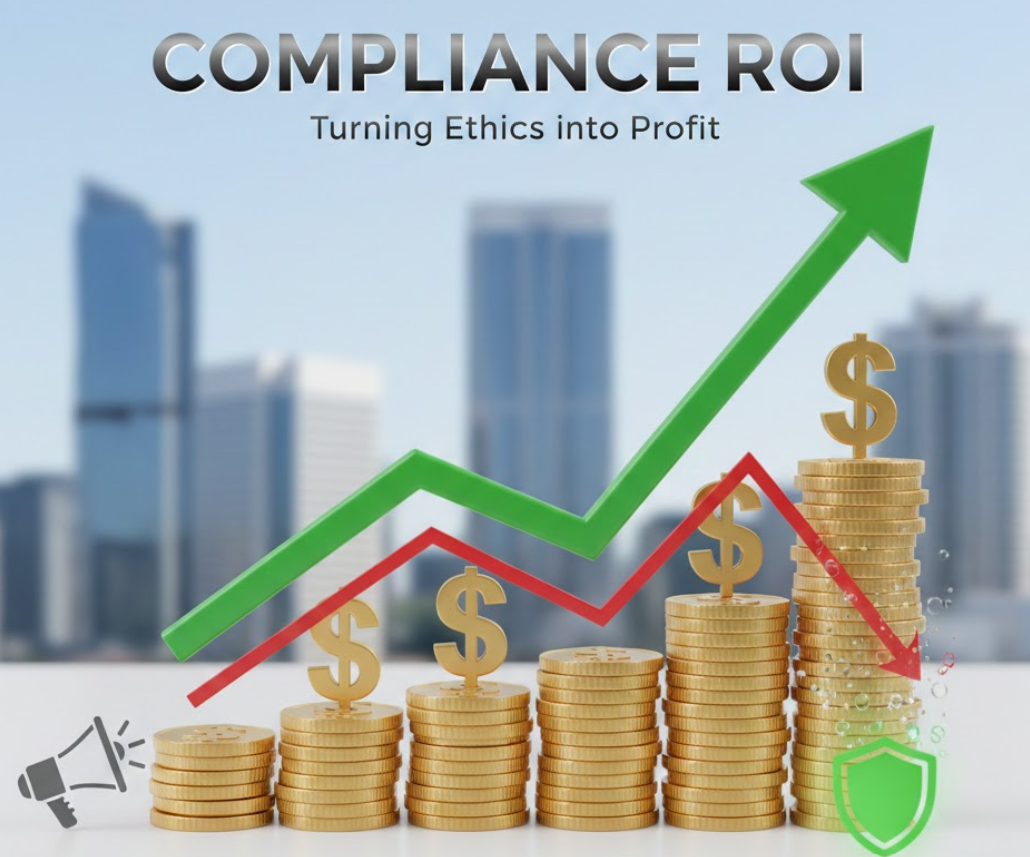On January 7, 2021 the EEOC issued a proposed rule to define permissible wellness program incentives that employers may offer to participating employees. Attorneys, Carl C. Lammers and Edward I Riven provide a detailed breakdown of this new rule in the article “EEOC Issues Proposed Rule on Permitted Wellness Program Incentives,” which can be found here. The following summarizes current wellness program and incentive criteria and that which will be established if the rule is finalized.
The Americans with Disabilities Act (ADA), the Genetic Information Nondiscrimination Act (GINA), and the Health Insurance Portability and Accountability Act (HIPAA) collectively protect the privacy of one’s health records and disability status and forbids employee discrimination based on such information. These acts define if and how employee wellness programs may collect health information and provide incentives to participants. In general, employers are prohibited from asking about an employee’s health records or genetic information, but there are some exceptions for certain wellness programs. Importantly, employee wellness programs that inquire about protected information or conduct medical screening must be completely voluntary. Employees may not be coerced into or retaliated against for refusal to participate.
To prevent employees form being coerced into unwilful participation, the ADA and GINA limit the type and value of incentives that may be rewarded to participants in both participatory and health-contingent wellness programs. That said, the EEOC’s proposed rule provides a legal provision under the ADA, allowing for more valuable incentives as long as programs meet specific requirements. These programs must qualify as health-contingent wellness programs under HIPAA regulations, be a part of or qualify as group health plans, and must meet HIPAA and Affordable Care Act standards. If a program meets these requirements, it may offer incentives up to 30% of the cost of coverage of participating employees and dependents or 50% if the program is focused on tobacco use cessation. The EEOC’s proposed rule does not provide a legal provision under GINA nor for participatory wellness programs, but it does allow such programs to provide “de minimis” incentives such as inexpensive items or monetary prizes of “modest value.” The proposed rule is currently undergoing a 60-day public comment period and is not yet finalized.
Reach Us
Red Flag Reporting
P.O. Box 4230, Akron, Ohio 44321
Tel: 877-676-6551
Fax: 330-572-8146



